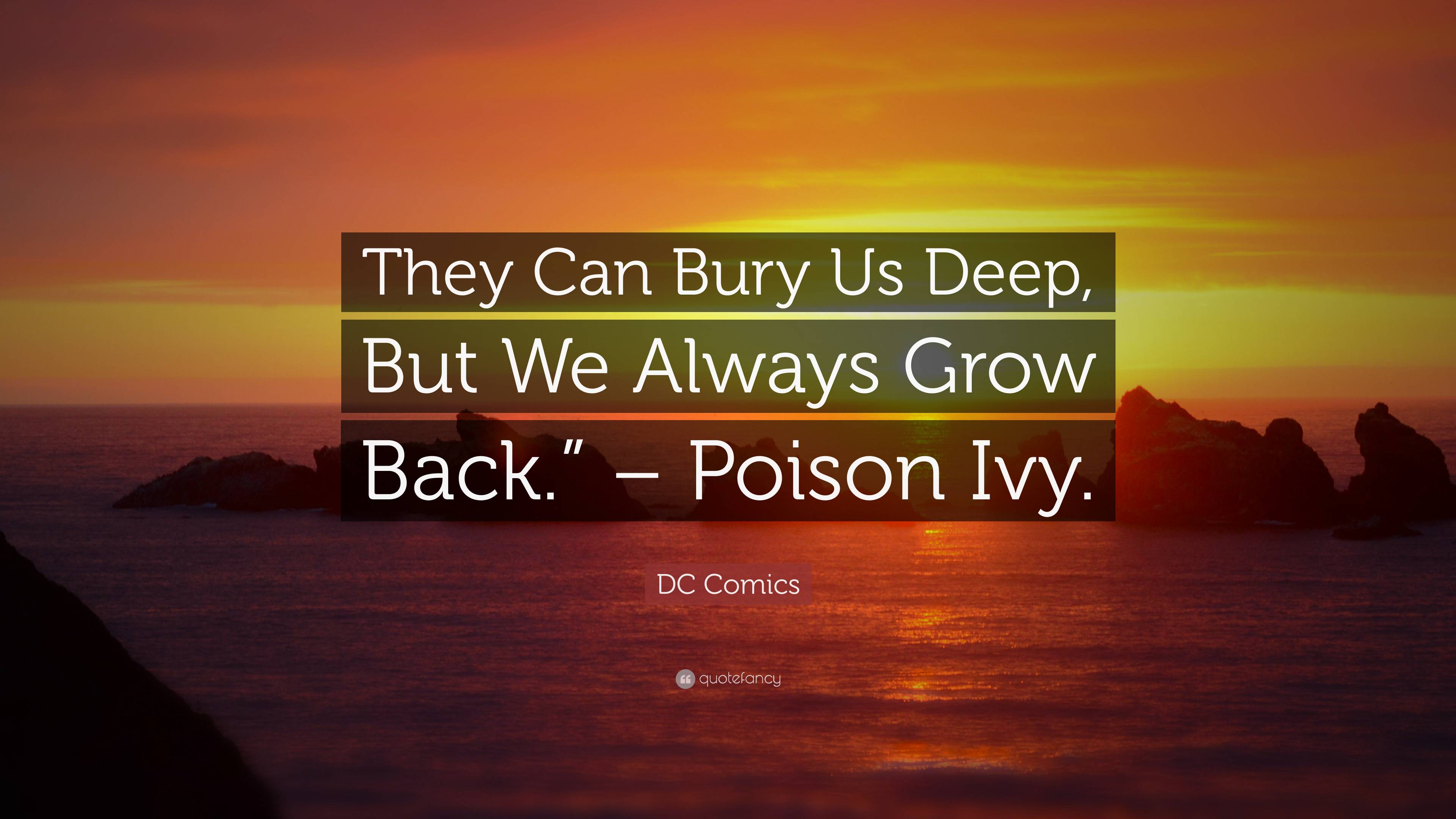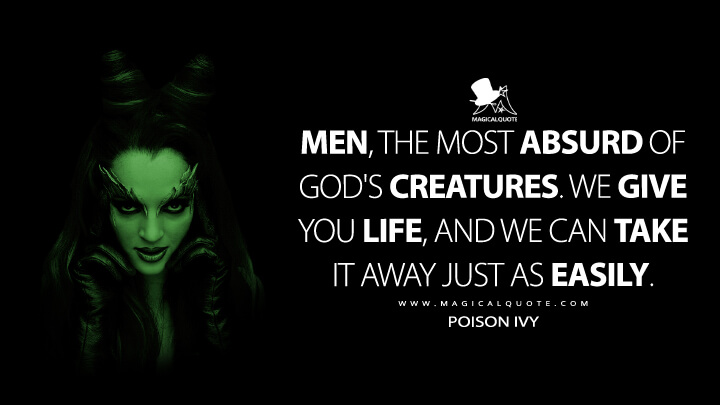There are some things in life that, well, they just get to you, aren't there? You know, like that itchy plant that leaves a rash, or perhaps a sharp remark that truly stings. It's almost as if these things have a way of seeping into your everyday, causing a bit of trouble where you least expect it. We often talk about what's harmful, what causes discomfort, and what might even be quite dangerous, in a very general sense.
You see, the idea of something that causes hurt isn't just about a plant with three leaves, or, in some respects, a catchy saying that sticks with you. It extends to a whole range of things that can mess with your well-being. We're going to explore what it means for something to truly be a "poison," not just in the garden, but in the broader world around us. So, we'll consider how these troublesome elements operate, and what makes them capable of causing issues.
From things found in your own home to the effects they have on your body, there's a lot to consider when we talk about what can bring about harm. We'll even take a moment to look at a famous rock group that shares the name, just to show how widely this concept, or word, gets used. Basically, it's about understanding what can be bad for you, and how those things work, whether they are substances or, perhaps, even words that act like a kind of "poison ivy quotes" for your mind.
Table of Contents
- What Makes Something a "Poison"?
- Understanding the Reach of Poison - A Metaphor for "Poison Ivy Quotes"
- Where Do We Find These Troublesome Things?
- Everyday Dangers - A Kind of "Poison Ivy Quotes"
- The Band "Poison" - A Different Kind of Impact
- Bret Michaels - The Voice Behind the "Poison" Sound
- Who Is at Risk from Poison?
- Protecting Our Little Ones - Avoiding "Poison Ivy Quotes" in the Home
- How Does Poison Work on Our Bodies?
- The Body's Response - Learning from "Poison Ivy Quotes"
- The Broader View of "Poison"
- More Than Just Chemicals - The "Poison Ivy Quotes" of Life
What Makes Something a "Poison"?
When we talk about something being a "poison," what exactly does that mean? Well, as a matter of fact, it typically refers to a kind of material that, through its chemical actions, usually causes a living thing to stop living, gets hurt, or simply stops working as it should. It's a material that can bring about bad effects on the body. This stuff, you see, is often described as something that can bring harm or even cause an end to life for living beings.
It's not just about what you might swallow, either. A material that causes harm can affect your body in various ways. For instance, it can be taken inside your body by swallowing it, or it could be breathed into your lungs. Sometimes, it might be put into your body with a small poke, like an injection. And, you know, there are also those substances that simply get soaked up through your skin. So, the ways these things can cause issues are pretty varied, actually.
In short, a poison is a substance, whether it's found in nature or made by people, that causes damage to the living parts of your body. It has an effect that can hurt you or even be fatal. This is true no matter how it gets into your system, whether you take it in by mouth, breathe it in, have it put in with a shot, or it just soaks through your skin. It's a broad definition for anything that can truly mess things up for a living creature, or so it seems.
Understanding the Reach of Poison - A Metaphor for "Poison Ivy Quotes"
Just like a plant that seems ordinary but packs a punch, the idea of "poison" has a really wide reach. In a way, you could say that some "poison ivy quotes" are like these harmful substances, because they might seem simple on the surface, but they carry a hidden sting. This concept, or rather, the word "poison," gets used in a lot of different fields of study and in many different businesses. For instance, it's often given a very specific definition depending on the area it's being talked about. It's more or less about understanding how something can be harmful, whether it's a chemical or, say, a tricky piece of advice.
So, when we consider what makes something harmful, we're not just looking at obvious dangers. We're also thinking about how certain ideas or phrases, almost like little "poison ivy quotes," can spread and cause trouble. The definition of poison, in a scientific sense, speaks to how it works chemically to bring about damage. This is a very precise way of looking at things that can cause problems for our bodies. It helps us see that harm isn't always obvious; sometimes, it's quite subtle, like a substance that slowly affects living parts.
This broader view means that anything that can mess with a living system, even if it's not a chemical, might, in a way, be considered "poisonous" in a general sense. It's about recognizing the potential for bad effects, no matter the source. You know, it's kind of like how some sayings or ideas can subtly undermine things, just like a substance can quietly work its harmful actions. So, the range of things that can be considered harmful is quite wide, really, and it often depends on how they interact with us.
Where Do We Find These Troublesome Things?
You might be surprised to learn just how many everyday items and common remedies can actually be harmful. For instance, if they're used in amounts that are too large, or in situations where they shouldn't be, they can cause problems. This means that a lot of things we have around our houses, things we use all the time, could actually be sources of harm. It's a bit of a wake-up call, that, to realize dangers can be so close by, you know?
We're talking about things like the sprays used to control pests, which are called pesticides. Then there's carbon monoxide, which is a gas you can't see or smell but can be very dangerous. Cleaning products, the ones we use to keep our homes tidy, can also be quite harmful if they're not handled properly. And, of course, medicines, which are supposed to help us, can also cause issues if they're not taken correctly or in the right amounts. So, there's a whole list of these materials that can bring about bad effects.
It's not just some obscure chemicals, either. Many of these things are, basically, products you might have in your house right now. The danger often comes down to how they're used. If something is used in the wrong way, or by someone who shouldn't be using it, or in an amount that's just too much, then it can cause harm. It's a pretty straightforward idea, but it's often overlooked. So, knowing what these common sources of trouble are is a first step, really, in staying safe.
Everyday Dangers - A Kind of "Poison Ivy Quotes"
Think of it this way: just as some sayings, like little "poison ivy quotes," can be deceptively simple yet carry a punch, many common items hold a similar, hidden potential for harm. The information we get from groups that help with harmful substance calls, for instance, shows us the most frequent kinds of adult issues. It's quite interesting to see what people most often get into trouble with. This data gives us a pretty good idea of the kinds of risks that are out there in
Related Resources:



Detail Author:
- Name : Jedediah Thompson V
- Username : wyatt.littel
- Email : colleen.bins@oreilly.com
- Birthdate : 1985-11-02
- Address : 790 Alexandrine Pike Suite 421 South Jaquanport, MO 03955
- Phone : +1-810-615-2421
- Company : Mayert-Ruecker
- Job : Broadcast Technician
- Bio : Itaque et molestias aut labore ea. Rerum velit voluptates quis aut unde ex accusamus. Rerum reiciendis necessitatibus nemo et dolores quidem aut. Qui sunt sit sunt et dolorum.
Socials
tiktok:
- url : https://tiktok.com/@julio.cartwright
- username : julio.cartwright
- bio : Autem doloribus praesentium totam id possimus delectus voluptatem.
- followers : 4744
- following : 1314
instagram:
- url : https://instagram.com/julio1446
- username : julio1446
- bio : Eum beatae aut officiis tempora error ut voluptas. Nihil et deserunt voluptatum quibusdam ea.
- followers : 1603
- following : 2380